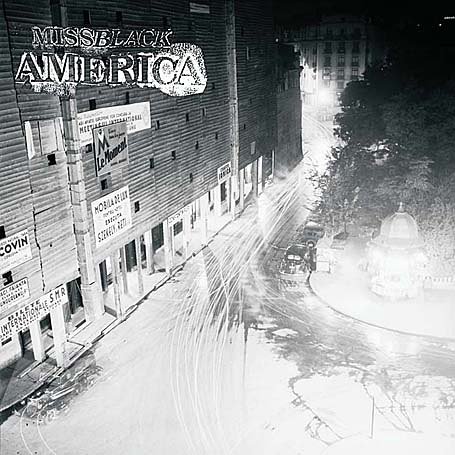
|
Death Disco? Does Digital Downloading Spell The End Of The Album?
Before the likes of Revolver and Pet Sounds, the single was the weapon of choice for musicians attempting to extend their creative vision. Two sides of seven inch vinyl could capture everything an artist was trying to say in less than six minutes. LP’s were expensive. They existed solely for the handful of fans that had the cash to spend on twelve inches of plastic. For the original rock ‘n’ rollers like Elvis, Buddy Holly and Eddie Cochran the album served as a collection of hit singles and flipsides for the moneyed fans who hadn’t bought the originals.
However, as pop music advanced through the sixties, a number of groups and solo artists began to embrace the concept of the album as a vehicle for artistic expression. Led by the Beatles, they began to realise that the scope of the LP allowed for far more creativity than the confines of the seven-inch. Borrowing from the conventions of classical music, it became apparent that the album could take the listener on a musical journey. They stopped being hits collections and developed into artistic statements in their own right. The limits of the pop album began to fall away as each band tried to outdo each other. Sgt Pepper by the Beatles, Dylan’s Highway 61 Revisited, the Who Sell Out and the Stones’ Aftermath all began to break the boundaries of what pop music was meant to be about, helping to propel it from disposable youth culture to high art. The seventies saw the album develop to almost vulgar proportions. Taking their lead from the great bands of the sixties, groups like Pink Floyd, Yes, Emerson Lake & Palmer and Genesis took the LP to obscene levels of self-indulgence and musicality. It took punk to break the trend and hark back to the single dominated styles of the 1950s. But still the heavyweights of the genre were defined by their albums. Never Mind The Bollocks by the Sex Pistols and the Clash’s London Calling set the agenda for a new wave of pop artistry that was still very much led by the long player.
But what position does the album hold in today’s digital culture? When the I-Pod lets us have a near-infinite jukebox in our pocket is there still a place for the LP? Today’s artists are defined by their songs not their albums. Bands like the Killers, the Futureheads, Maximo Park and the Kaiser Chiefs have given us great singles but somewhat disjointed LPs . I, for one, won’t bother to burn all of Employment to my computer when all I’m likely to listen to are ‘I Predict A Riot’ and ‘Oh My God’. Better to make a play list of the best tunes of the moment. You could argue that this is a move back to the heyday of rock ‘n’ roll where the single was the dominant force. Pop music in its very nature is supposed to be disposable. Now it’s even more so. Songs can be wiped from our memory with the click of a mouse. We don’t even have to own the physical product. No longer will we have to hide the crap records we thought were great at the time. When we lose interest in a song we can quickly lose it. But does that mean our children will miss out on the great music of our generation? Are they going to want to click through our collections like I rummaged through my dads boxes of vintage vinyl? Does it mean pop music will lose some of the qualities that made it so great in the first place?
I can’t predict the future for popular music. Acts like Babyshambles and Green Day are bucking the trends of the moment by releasing concept albums. Pop acts are beginning to eschew traditional singles altogether in favour of videos on DVD and as downloads. Sales of vinyl are steadily increasing. A medium that was due to die with the birth of CD shows no sign of fading yet. Hopefully the technological advances of recent years will just increase our enjoyment of music and allow artists greater opportunities for expression. Maybe the album will continue to exist as the ultimate pop culture statement, be it in a physical or digital form. My house is full of them on CD, vinyl and that relic of the 20th century, tape. I can’t imagine a world without them. Toby Rogers Download your doubts about this rant on our message boards here
|


